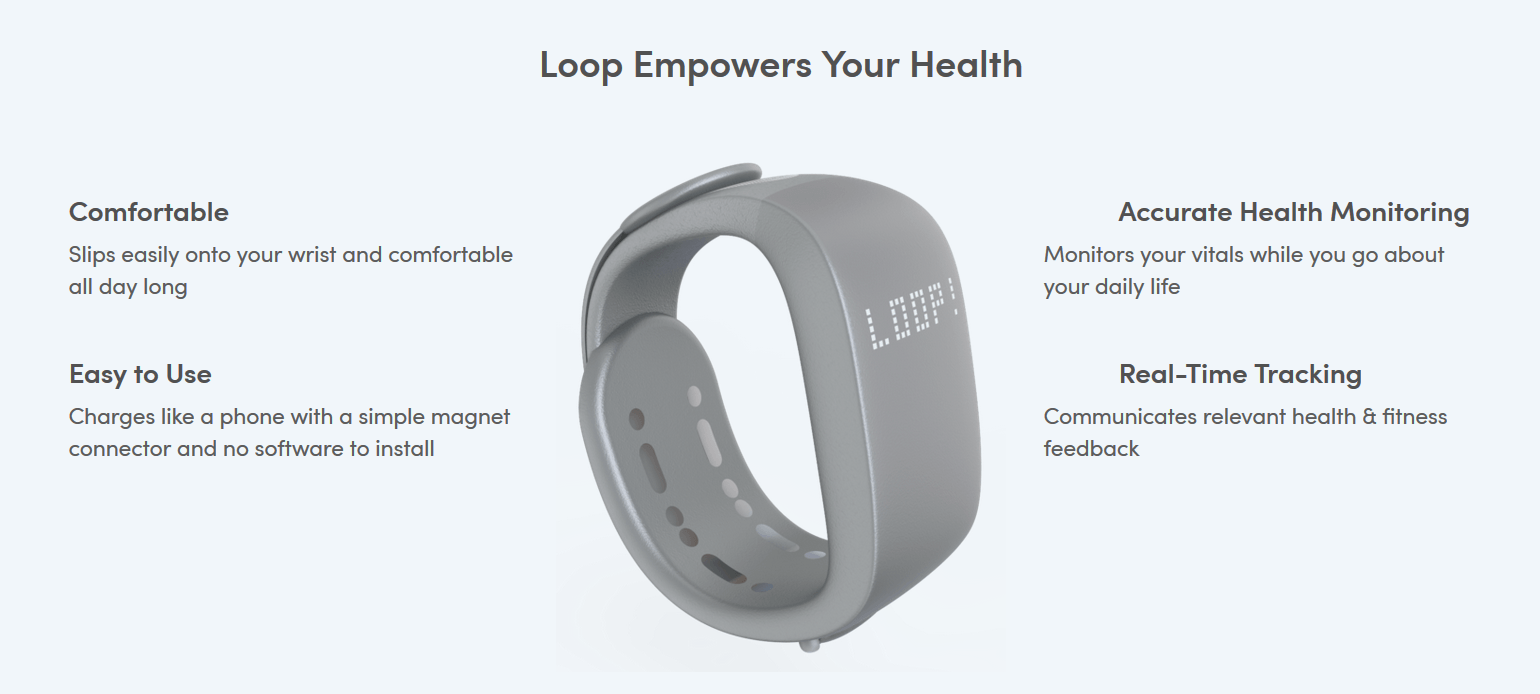
Spry Health, a Palo Alto, CA-based provider of remote patient monitoring solutions has unveiled their new clinical-grade wearable Loop that delivers continuous vital sign monitoring. Loop enhances timely care to chronically ill patients, with individualized analytics to improve patient outcomes, reduce hospitalization and decrease spending by healthcare organizations.
Incubated at Stanford-affiliated accelerator StartX in 2013, founders Pierre-Jean “PJ” Cobut and Elad Ferber started Spry Health with a mission to help chronically ill patients receive proactive care and help them stay out of the hospital. Spry Health developed the clinical-grade wearable Loop to be a catalyst for both better care and lower costs.
“In a given year, over 28 million hospitalizations are attributed to chronically ill patients, resulting in an average bill of $37,300 per stay with some patients winding up in the hospital three or more times per year,” says Ferber in a statement. Empowering chronically ill patients is what drives the company’s dedicated team of experts in advanced health informatics, biological signals analysis, and medical research.
The Loop wearable continuously and noninvasively collects vital signs to assess the patient’s baseline and monitor how their condition evolves. Loop’s analytics platform pinpoints subtle physiological changes and delivers relevant, actionable insights to healthcare organizations before new symptoms are noticeable to the patient. Healthcare organizations can then guide their most vulnerable members to the right care at the right time. The combination of an easy-to-use wearable with individualized analytics increases peace of mind and compliance for patients, improves their outcomes, and prevents costly hospitalizations.
To successfully validate the Loop wearable, Spry Health conducted comprehensive pre-market evaluations of a digital medical device according to Steve Steinhubl, MD, at Scripps Translational Science Institute. The evaluation had over 250 participants to prove the clinical equivalence of Loop against standards of care for blood pressure, heart rate, oxygen saturation, respiration, and CO2 monitoring.
Spry Health has submitted Loop for FDA (510k) clearance and is expected to gain clearance by early 2018.
